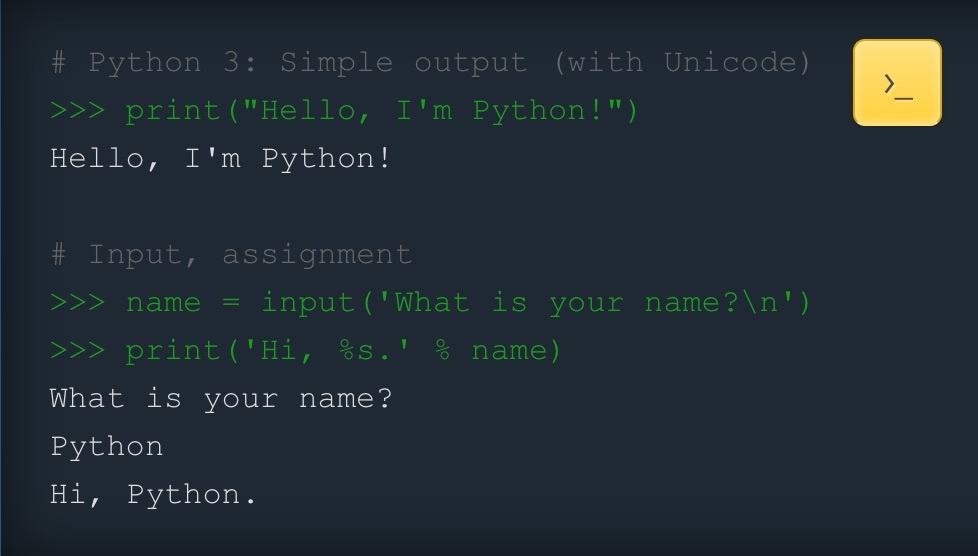
How to Make Your Python Objects Immutable
As a Python developer, have you ever encountered a situation where you wanted to ensure that your objects remained unchanged once they were created? Perhaps you wanted to prevent your users or colleagues from modifying your objects unintentionally. In this article, we’ll explore the importance of immutable objects in Python and how to achieve immutability in your code.
The Problem with Mutable Objects
Let’s consider a simple example of a Dog class:
class Dog:
def __init__(self, name, age):
self.name = name
self.age = age
dog = Dog('rocky', 5)
print(dog.name) # rocky
print(dog.age) # 5
At first glance, this code seems harmless. However, what if someone were to modify the dog object’s attributes without your knowledge?
dog.name = 'buster'
dog.age = 10
print(dog.name) # buster
print(dog.age) # 10
As you can see, the dog object’s attributes have been modified, which could lead to unintended consequences in your program.
The Benefits of Immutable Objects
Immutable objects, on the other hand, ensure that once an object is created, its state cannot be modified. This provides several benefits, including:
- Predictability: Immutable objects ensure that the state of an object remains consistent, making it easier to predict the behavior of your program.
- Thread Safety: Immutable objects are inherently thread-safe, as multiple threads cannot modify the object’s state simultaneously.
- Code Simplification: With immutable objects, you can simplify your code by eliminating the need for defensive copying or locking mechanisms.
Achieving Immutability in Python
So, how can you make your Python objects immutable? One approach is to use the @property decorator to create read-only attributes. Here’s an updated implementation of the Dog class:
class Dog:
def __init__(self, name, age):
self._name = name
self._age = age
@property
def name(self):
return self._name
@property
def age(self):
return self._age
dog = Dog('rocky', 5)
print(dog.name) # rocky
print(dog.age) # 5
try:
dog.name = 'buster'
except AttributeError:
print('Cannot modify immutable object!')
In this implementation, we’ve used the @property decorator to create read-only attributes for name and age. Attempting to modify these attributes will raise an AttributeError.
 Immutable objects ensure predictability and thread safety in your Python code.
Immutable objects ensure predictability and thread safety in your Python code.
Conclusion
In conclusion, making your Python objects immutable can have a significant impact on the reliability and maintainability of your code. By using techniques like the @property decorator, you can ensure that your objects remain unchanged once they’re created. Remember, immutable objects are not only thread-safe but also simplify your code by eliminating the need for defensive copying or locking mechanisms.
 Immutable objects are essential in Python programming.
Immutable objects are essential in Python programming.













